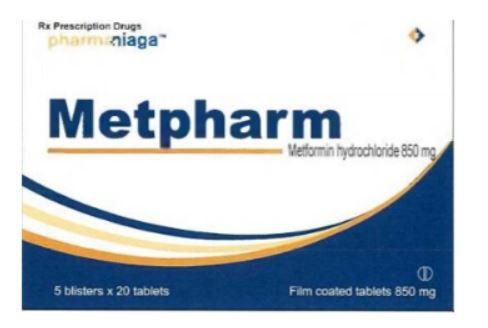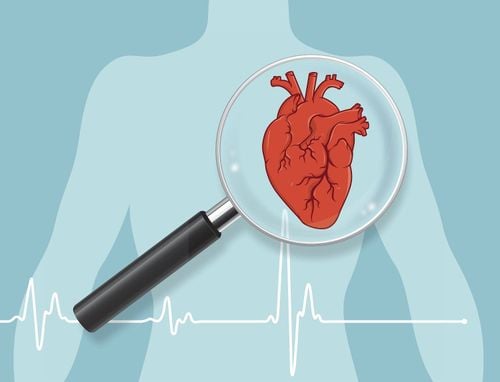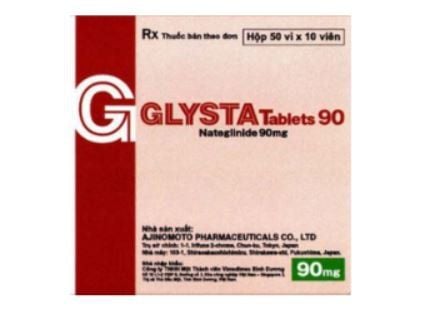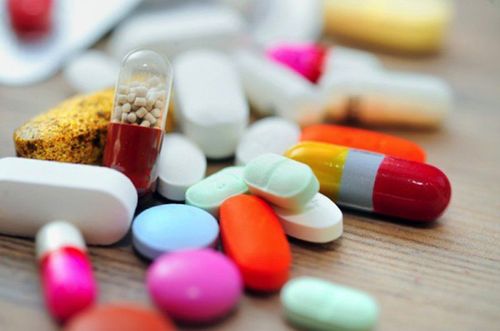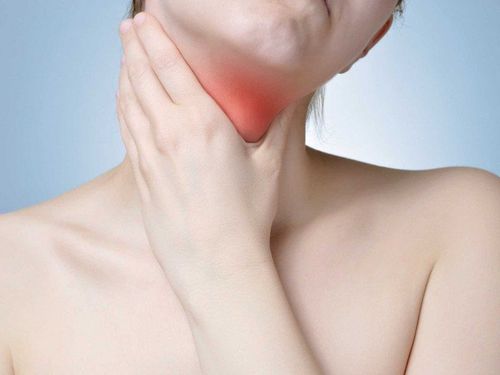This is an automatically translated article.
Type 1 diabetes is a disease that requires lifelong treatment. The disease is caused by the immune system destroying the insulin-producing beta cells in the pancreas. If not strictly controlled, it can lead to dangerous complications.1. What is type 1 diabetes?
Type 1 diabetes, also known as juvenile diabetes, can occur at any age but is more common in children, adolescents, and young adults. In type 1 diabetes, the person's pancreas produces little or no insulin, thus requiring lifelong insulin therapy.In most cases, type 1 diabetes is caused by the body's own immune system attacking and destroying the part of the pancreas that produces insulin. In the early stages of type 1 diabetes, people may not have any noticeable symptoms. It is only when the number of insulin-producing cells is affected enough that it begins to affect the amount of insulin produced. When insulin levels are low, blood sugar levels rise and symptoms of diabetes begin to occur.
Because type 1 diabetes is an autoimmune disease, people with other autoimmune diseases like Hashimoto's disease or primary adrenal insufficiency (also called Addison's Disease) are also more likely to develop type 1 diabetes.
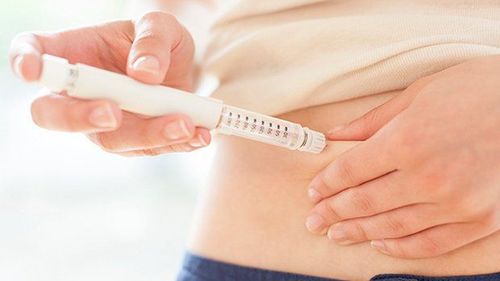
Bệnh tiểu đường type 1 thường xảy ra ở trẻ vị thành niên
2. Symptoms of Type 1 Diabetes
The usual signs of type 1 diabetes are often difficult to detect, but the symptoms can become severe and are easily detected such as:
Excessive thirst Fast hunger even after eating Dry mouth Abdominal pain and vomiting Go away Frequent urination Unexplained weight loss, even though you are eating a lot and often feel hungry Fatigue Blurred vision Rapid, deep breathing in (also known as Kussmaul breathing) Skin infections, infections urinary tract or vagina Irritability or mood swings Nocturnal enuresis in children without prior enuresis Emergency signs with type 1 diabetes include:
Confusion Rapid breathing Fruity odor gives your breathing Abdominal pain Loss of consciousness (rarely)
Trắc nghiệm dành riêng cho người mắc đái tháo đường: Chế độ ăn của bạn đã hợp lý chưa?
Người bị bệnh đái tháo đường cần phải quan tâm nhiều hơn đến cách tính toán khẩu phần ăn sao cho phù hợp với nhu cầu và tình trạng sức khỏe. Nếu chưa rõ, bạn có thể tìm hiểu kỹ hơn thông qua bài trắc nghiệm ngắn sau đây.3. Diagnosing Type 1 Diabetes
Tests done to diagnose type 1 diabetes include:
3.1 HbA1c Test (Hemoglobin A1c Test)
The HbA1c test is one of the blood tests that play an important role in the diagnosis of diabetes and is used to determine how well a person's diabetes is under control. The HbA1c test provides information on average blood sugar levels over a 6 to 12 week period along with home blood glucose monitoring to help your doctor adjust diabetes medications.
This test measures the percentage of blood sugar attached to the oxygen-carrying protein in red blood cells (hemoglobin). The higher the blood sugar level, the more hemoglobin is bound to the sugar. An HbA1C level of 6.5% or more on two separate tests will make the person diagnosed with diabetes.
3.2 Random blood sugar test
A blood sample will be taken at a random time. Blood sugar values are expressed in milligrams per deciliter (mg/dL) or millimoles per liter (mmol/L). Regardless of when you last ate, your blood sugar levels were taken at random times to be 200 mg/dL (11.1 mmol/L) or higher and accompanied by symptoms such as frequent urination and If you are thirsty or thirsty, you will be diagnosed with diabetes.
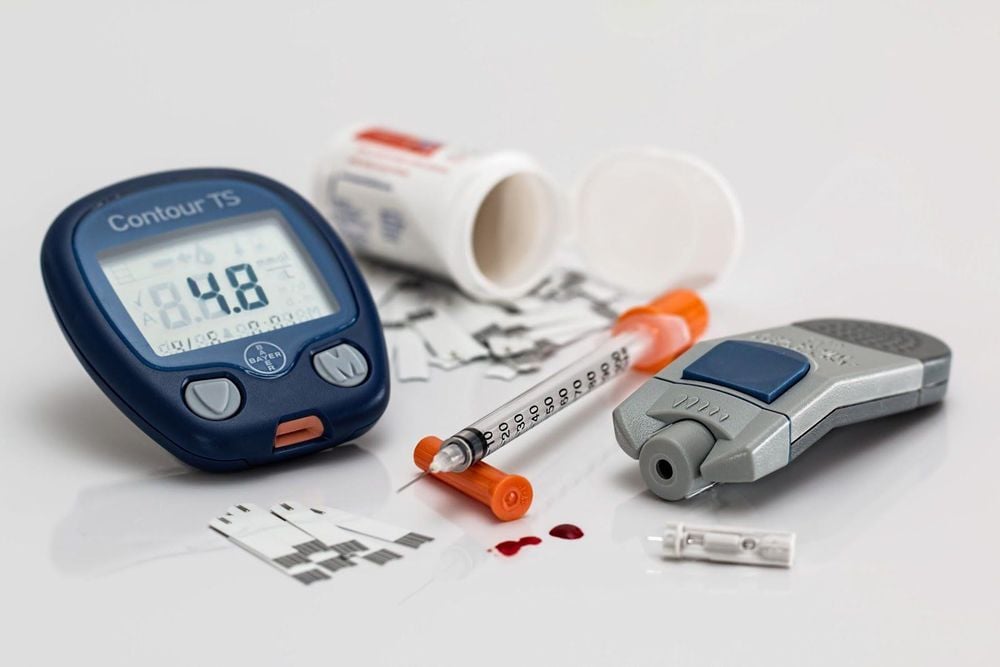
Xét nghiệm đường huyết giúp chuẩn đoán bệnh tiểu đường type 1
3.3 Fasting blood sugar test
A blood sample will be taken after the patient wakes up in the morning. Fasting blood glucose levels below 100 mg/dL (5.6 mmol/L) are normal. A fasting blood sugar level between 100 and 125 mg/dL (5.6 to 6.9 mmol/L) is considered prediabetes. If it's 126 mg/dL (7 mmol/L) or more on both separate tests, you'll be diagnosed with diabetes.
Once diagnosed with diabetes, your doctor will perform a blood test to check for autoantibodies that are common in type 1 diabetes. This test helps your doctor distinguish between type 1 and type 1 diabetes. 2 when the doctor is not sure which type. If the patient's urine has ketones, which are a by-product from the breakdown of fat, then he or she has type 1 diabetes.
To screen for diabetes, currently at Vinmec hospital, a screening package is deployed at Vinmec hospital. diabetes screening, dyslipidemia in order to help detect pre-diabetes early, accurately classify diabetes type, develop a nutritional regimen, monitor and minimize the risks and complications caused by diabetes. out.
Any questions that need to be answered by a specialist doctor as well as customers wishing to be examined and treated at Vinmec International General Hospital, you can contact Vinmec Health System nationwide or register online HERE.





